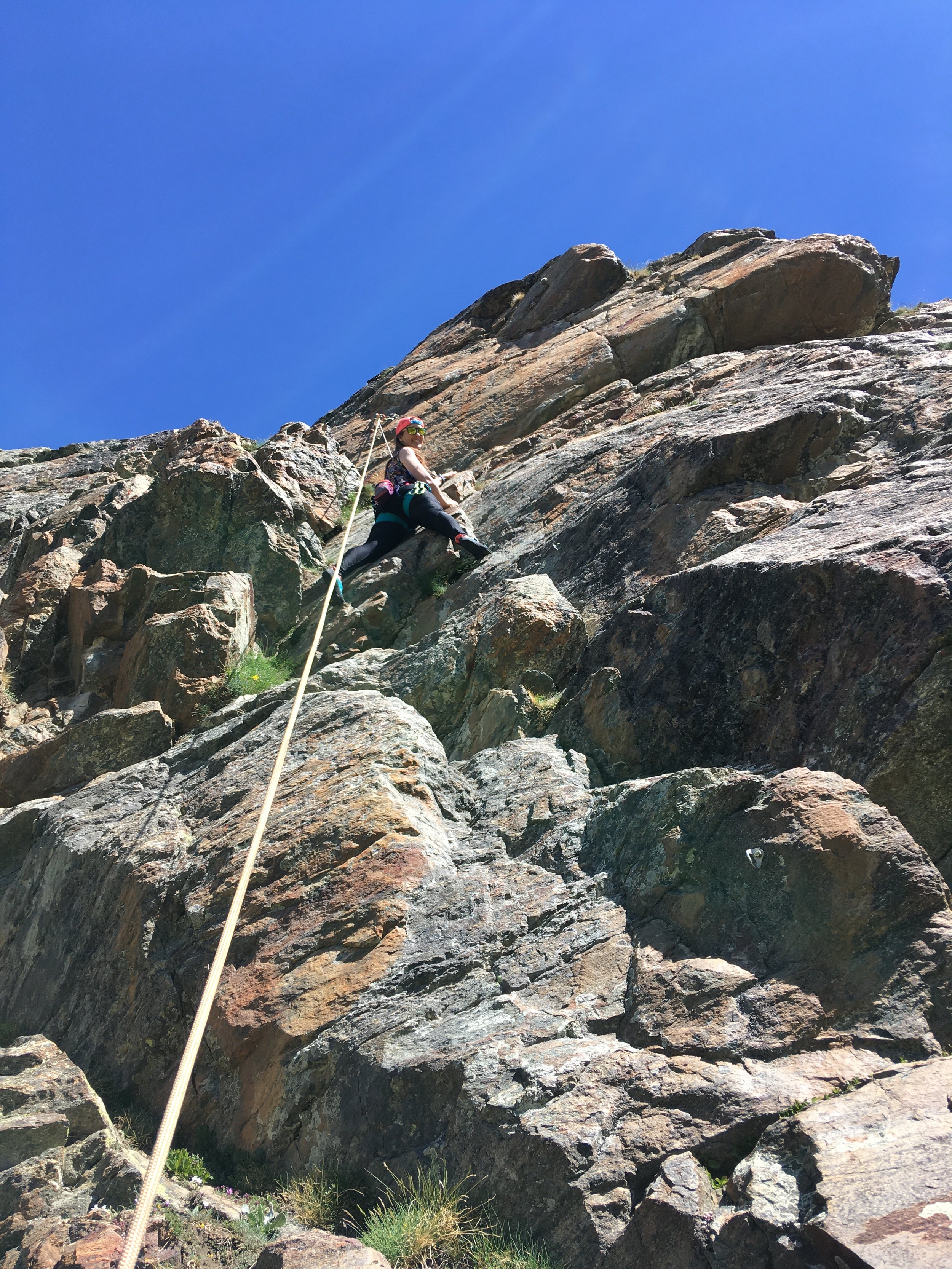How learning new things helps you become a better teacher
Learning something new
The prospect of learning something new can either feel intimidating or exhilarating, or both. Depending on why you’re learning that thing, whether to enjoy your next vacation, advance your career or because you added it to your bucket list, it can make a huge difference to how much you enjoy it and how quickly you advance. Whatever the why and whatever you teach, learning a new skill makes you a better teacher.
Understanding your student
Learning to scuba dive was, let’s say, an ‘interesting’ experience for me. The first time was totally unsafe, unprofessional and unenjoyable. I didn’t try again for many years, so when I became an Open Water Diver, and later an instructor, I felt a huge sense of accomplishment. Learning something new at any age is invigorating, but especially so when it’s something you’ve wanted to do for a while and you finally achieve your goals. You may have had those goals for a few months or a few years but that sense of accomplishment will feel just as good. For example, maybe you didn’t learn a second language as a child, but you can now, and the reward will be sweeter when you do.
Despite having a bad first experience scuba diving, it also made me empathise with what it was like to be a beginner again. This hands on experience was hugely valuable for understanding apprehensiveness and fear when it comes to not only teaching skiing and scuba diving, but languages too.
Taking a break from learning
I tried climbing a few times here and there, in the Brownies and a couple of times for friends birthdays. Now that I live in the Swiss Alps year round, I have taken it up on a regular basis during the summer. It is much like learning a language… you get pretty confident, remember the knots every time, do a couple of leads, feel like you can call yourself ‘a climber’, but then you have the winter off. In those six months you forget the knots, forget how tight the shoes are and forget where the best holds on that route are. But that’s ok. After an evening tying knots in front of Netflix and a few sessions on the wall, you’ll be back in to it and feeling as confident as the last time you picked up your rope (or French notes!)
Role reversal
Last year I went back to the classroom to learn Swiss German. I was already pretty good on numbers and food but needed to book some lessons in to encourage myself to practice. This means I’ve been there, I know how it feels to sit in front of pages of notes in another language and feel a little lost at times. I can relate to those moments when you make the same mistake three times in a row or finally understand a grammar concept that’s been eluding you.
Evaluate your teaching
During those lessons, not only was I improving my Swiss German, I was also improving my teaching skills. Both consciously and unconsciously, I was evaluating the teacher and thinking about what I would or wouldn’t do if I was teaching the same topic.
Become a better teacher
Think about something you’ve wanted to do for a while - try mountain biking, learn more about SEO, play the piano - and find a teacher to practise with. You’ll see learning in a different light, watch how others teach, be able to relate to your students in a new way, revitalise your own teaching skills, and become a better teacher.
Interested in learning French as your ‘learning a new thing’? Contact Victoria about lessons today.


